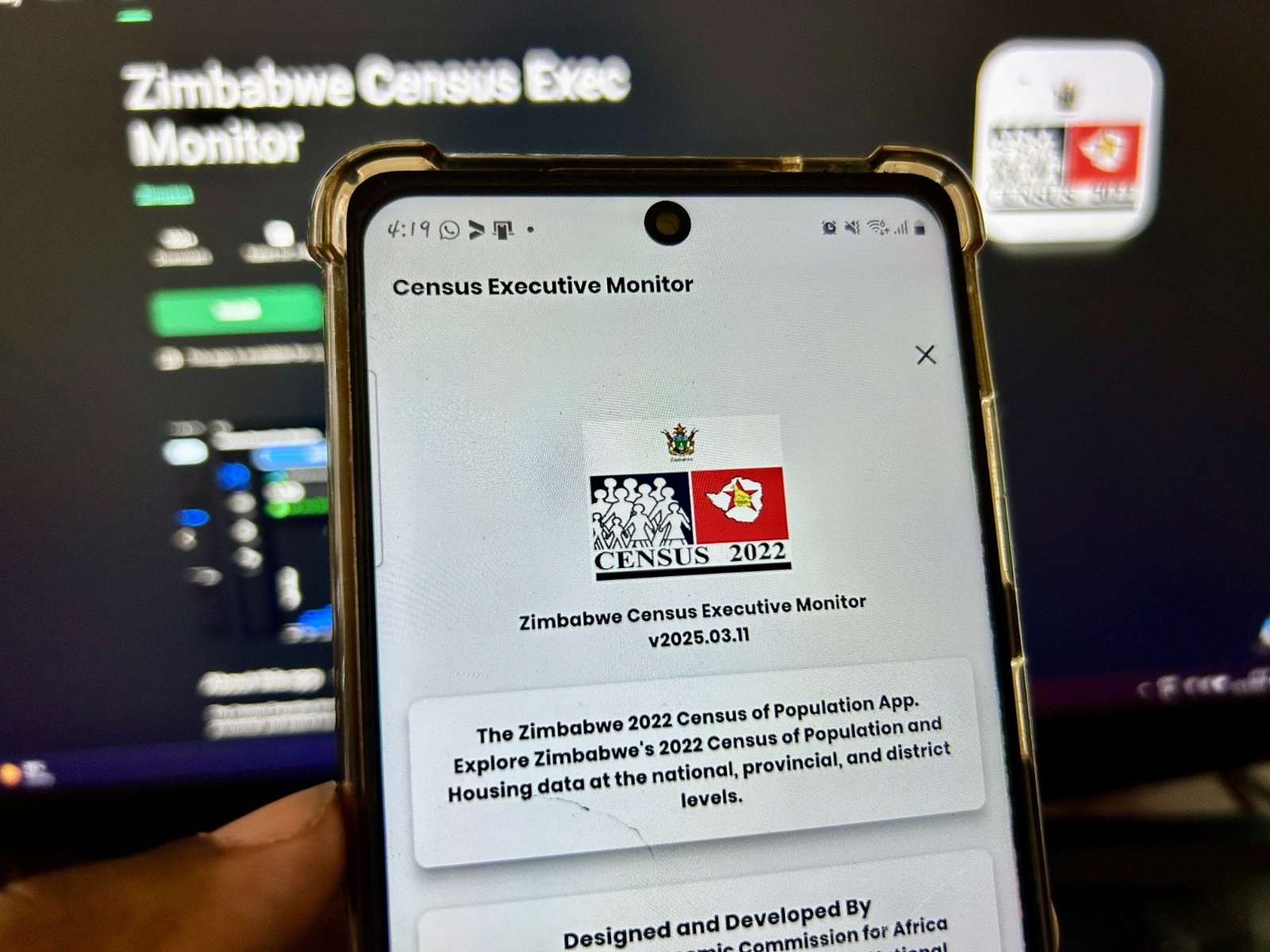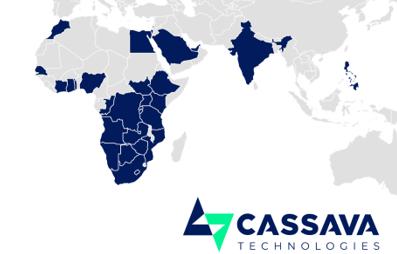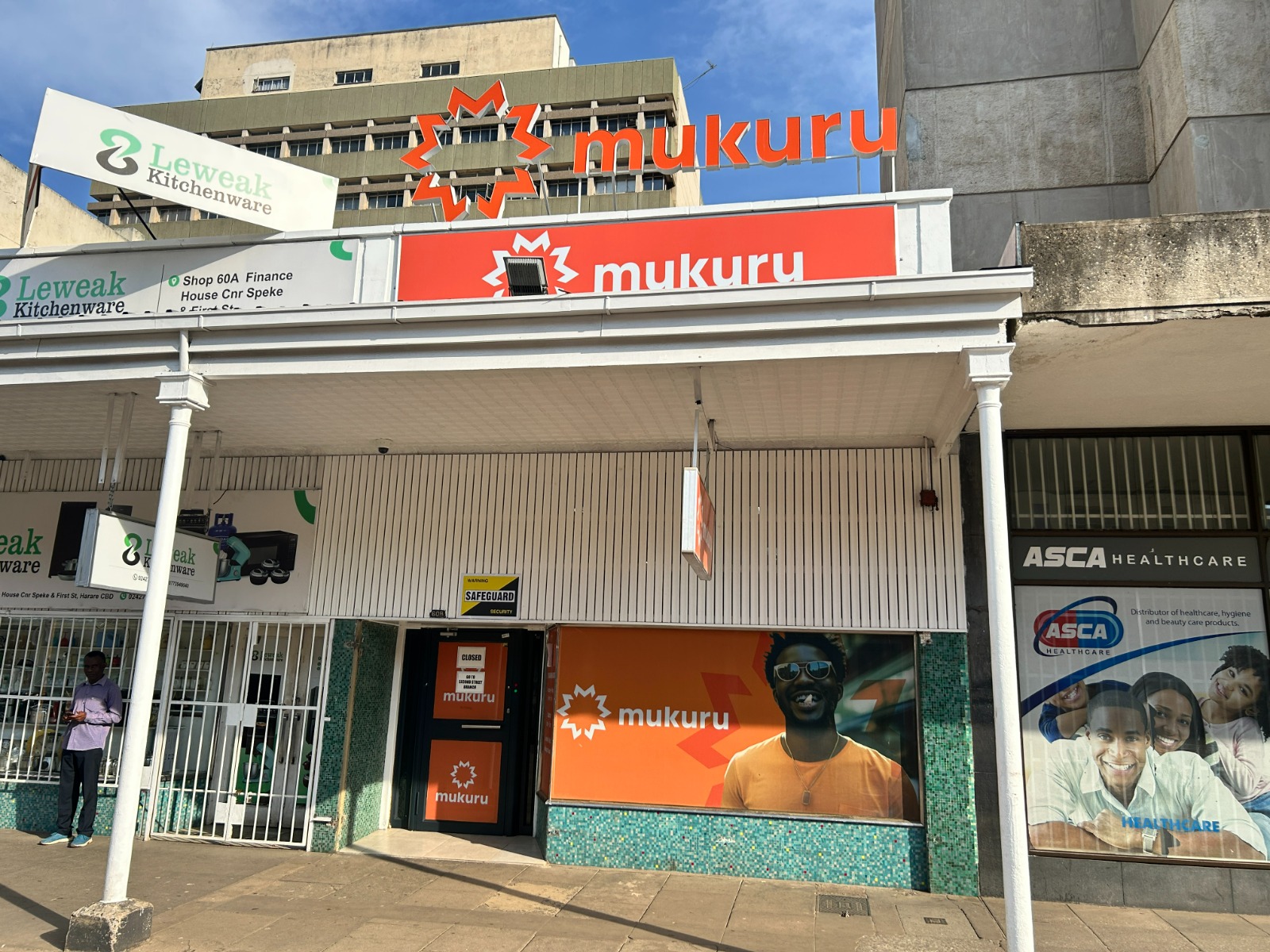Econet Wireless has been on a mission to diversify its portfolio of service offerings over the years. They say they want to be a “fully-fledged digital services provider.”
They are not yet there and we could debate the progress they have made so far but the fact remains, for now, voice revenue remains important to their bottom line.
However, it is encouraging for them that data revenue continues to grow its contribution to group revenues.
Econet reports that for the year ended February 2023, voice usage increased by 19% from the previous year. Data usage increased by a more impressive 58%.
Data usage
Econet’s data service quality has been subpar for a while now and that was the case in 2022. Yet, for all the outages, service disruptions and slow speeds their customers experienced, data usage still increased by 58%. Impressive stuff.
I imagine by data usage, Econet means ‘data bought’. If you buy a 250MB daily data bundle, that would be recorded as data usage of 250MB, regardless of how much of it you actually used. I could be wrong but I think that’s likely the case.
If not, it would mean it’s the actual data used. Let’s say one used 180MB of that 250MB bundle, and Econet recorded 180MB as data usage. That would mean Econet has records on how much data expires before it’s used.
Okay, either way, they have that data and I would really love to see that information. We get all sorts of complaints from Econet customers on how slow internet speeds and power cuts mean their bundles expire unused sometimes.
It would be interesting to see just what percentage of data expires untouched. Some argue that it doesn’t matter if that percentage of low or high, Econet needs to extend data validity periods in these times of sketchy service and power cuts, at the very least.
Tariffs
Voice and data revenue contribute the lion’s share of Econet’s revenues. So, it is telling that in a year where both voice and data usage increased, Econet ended up turning a loss. What gives?
Econet argues that the tariffs they are being forced to charge by their regulator are too low. This has been Econet’s song for a while now but they are kicking the drama up a notch. Says Econet chairman J. Meyers,
The prevailing tariff environment is a threat to the long-term viability of the local telecoms sector…
He lays out his case,
The Regulator granted the sector three tariff adjustments of 61% each and a fourth adjustment of 50% during the year. The tariff adjustments were not adequate to offset the increase in inflation which closed at 230% in January 2023.
It all sounds like a valid argument to me. Tariffs are adjusted so infrequently in Zimbabwe that there is no way they can possibly keep up with inflation. We have argued the same before.
So, this tariff situation is responsible for Econet reporting a loss in a year where data and voice usage increased. Case closed, right?
The tariffs are actually too high
Well… We looked at the tariffs that Econet says are a threat to the long-term viability of the telecoms sector. In February 2023, the last month of the reporting period in question, here is what it looked like,
- Econet’s monthly data bundles cost this much:
- $10478.76 for 1400MB [that’s about US$10.48 for 1.4GB. My friend, that’s $7.50 for a Gig. If that’s too little, I shudder to think what Econet would have us pay in their perfect world]
- The Private WiFi bundles are cheaper but not necessarily cheap. You pay $18557 for 8GB [that’s about US$18.50 for 8GB or US$2.30 for a Gig.]
We also looked at Cable’s research which showed that in the region, Zimbabwe had the highest average price per GB.
- Zimbabwe – $4.26
- South Africa – $2.04
- Mozambique – $1.33
- Zambia – $1.36
- Malawi – $2.42
- Kenya – $0.84
So, in light of this, I struggle to sympathise with Econet on this tariff issue. It appears it is us, their customers, who are getting the short end of the stick. They will still argue the following,
The disparity between the revenue growth and EBITDA margin is reflective of the sub-economic tariff environment coupled with accelerated exchange rate depreciation
However, they could be blinded by this tariff issue causing them to miss the actual thing responsible for data and voice usage increases resulting in losses, beyond exchange rate losses that is.
They mentioned power cuts and tough economic conditions. Perhaps these are to blame, as the tariffs seem to be beyond reasonable.
What do you think though? What do you make of Econet increasing data usage by an impressive 58% and still posting losses? Do you agree that it’s a tariff problem? Let us know in the comments section below.
Also read:
Are Econet and NetOne really saying US$7.50 or US$6.54 for 1GB is not economically sustainable?
Econet posts $17b (US$15m) loss, down ZW$57b from last year’s profit, actual position likely worse














Comments
15 responses
LOL. Someone at Econet is on a propaganda campaign to avoid getting fired. It’s funny that they think that their tariffs are low. Meanwhile the heaviest data users are switching to actual ISPs because mobile data is just too expensive
Yaaaa we depend on you econet keep it up
When there is a huge difference between official ZWL/USD exchange rates it is profitable for any customer to buy the ZWL bundles. Lack of transparency on how much data in bought in USD and in ZWL makes it harder to scrutinize Econet’s claims
Econet usd bundle if far much expensive than the rtgs bundle i would rather go for the rtgs one .the opposite is true if ever think of making profit
Ihhhh Starlink ngaiuye hayo vatisiye vanaStrive,its clear our tarrifs are the highest in the region
Econet
Zimbabwe – $4.26
South Africa – $2.04
Mozambique – $1.33
Zambia – $1.36
Malawi – $2.42
Kenya – $0.84
Purchasing power parity would be an interesting principle to look at when we compare prices. It could give us another picture on how Zimbabwe prices compares with any other country
Take the taxes into account. At one point in time it was said the government is taking almost 50% on airtime and data we are buying.
If that is true, then from the Zimbabwe’s $4.26 per gig…. The government is taking about $2. Then that will leave the company 2.26. In other words this is what econet says it’s low.
In such a case then I can be forgiven for giving them the benefit of doubt
Econet is failing to innovate, data is not supposed to be a means of profitability, but access to more services. As long as they focus on data they will continue to make losses, they should focus more on value-added services.
Yomix Daily 50MB = $253 RTGS
Twitter Daily 20MB = $202 RTGS
An argument could be made that data only increased because the low tariffs…they should work on high volume low margin…if the tariffs go up they could see a drop in data usage that would offset their price resulting in net loss resulting in back to square one…
Either way clear this is clear spin to justify losses and promote a tariff increase
Offset their price increase
The Tariffs in Zimbabwe flactuate depending on exchange rates. Sometimes the prices go up in USD terms and sometimes they become very cheap when exchange rate is very low. You also need to check the difference between market rate and auction rate which prevailed during the period. If you get ZWL100 million this month and fail to get USD then use that money to pay for expenses for the next 2 months you actually lose value since expenses go up yet your ZWL dollars remain the same.
I like econet is better than tell one
I like you babe econet is better than tel one
hhhhhhhhhjh kkkkkkkkkkkkkkk